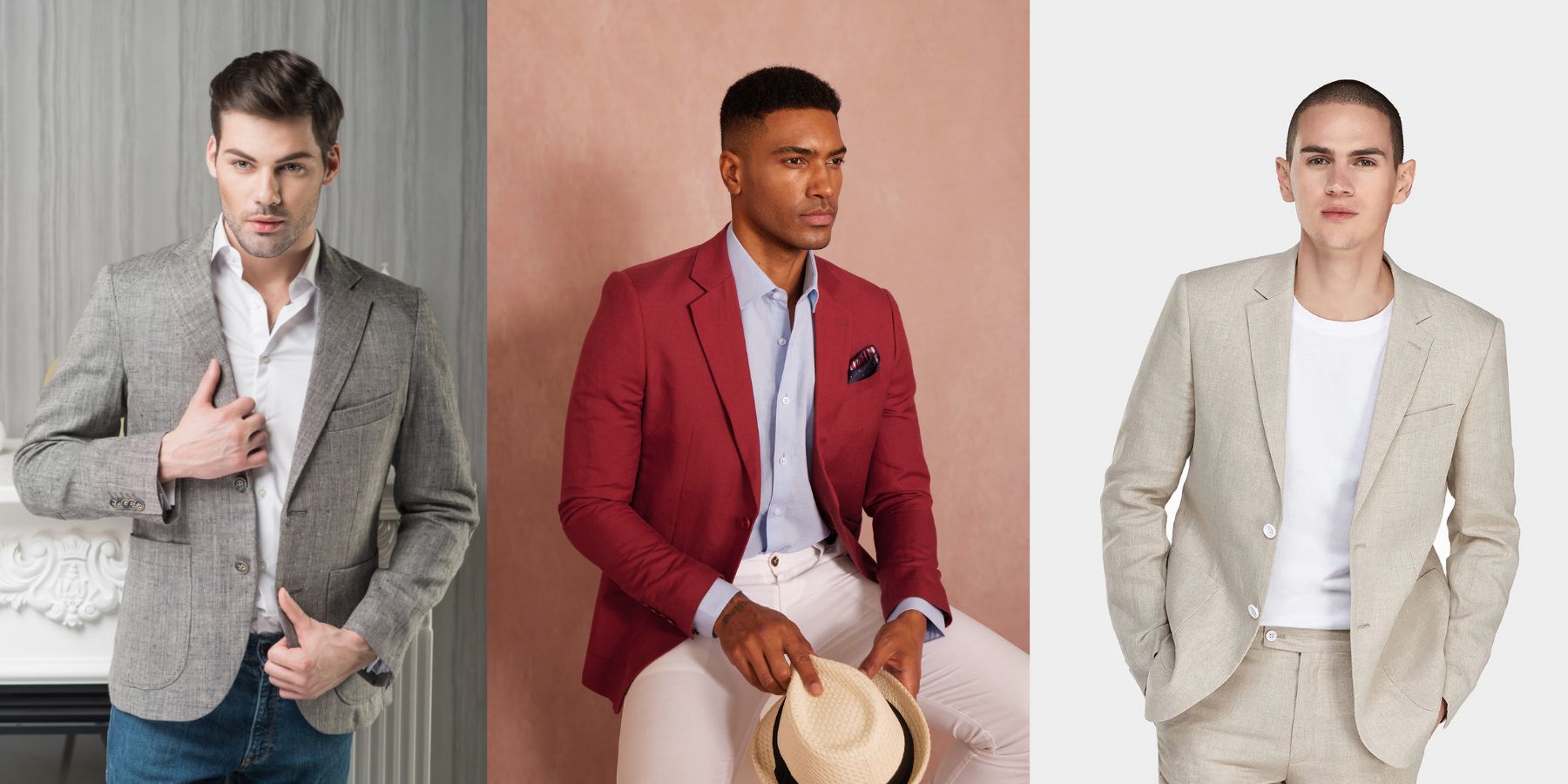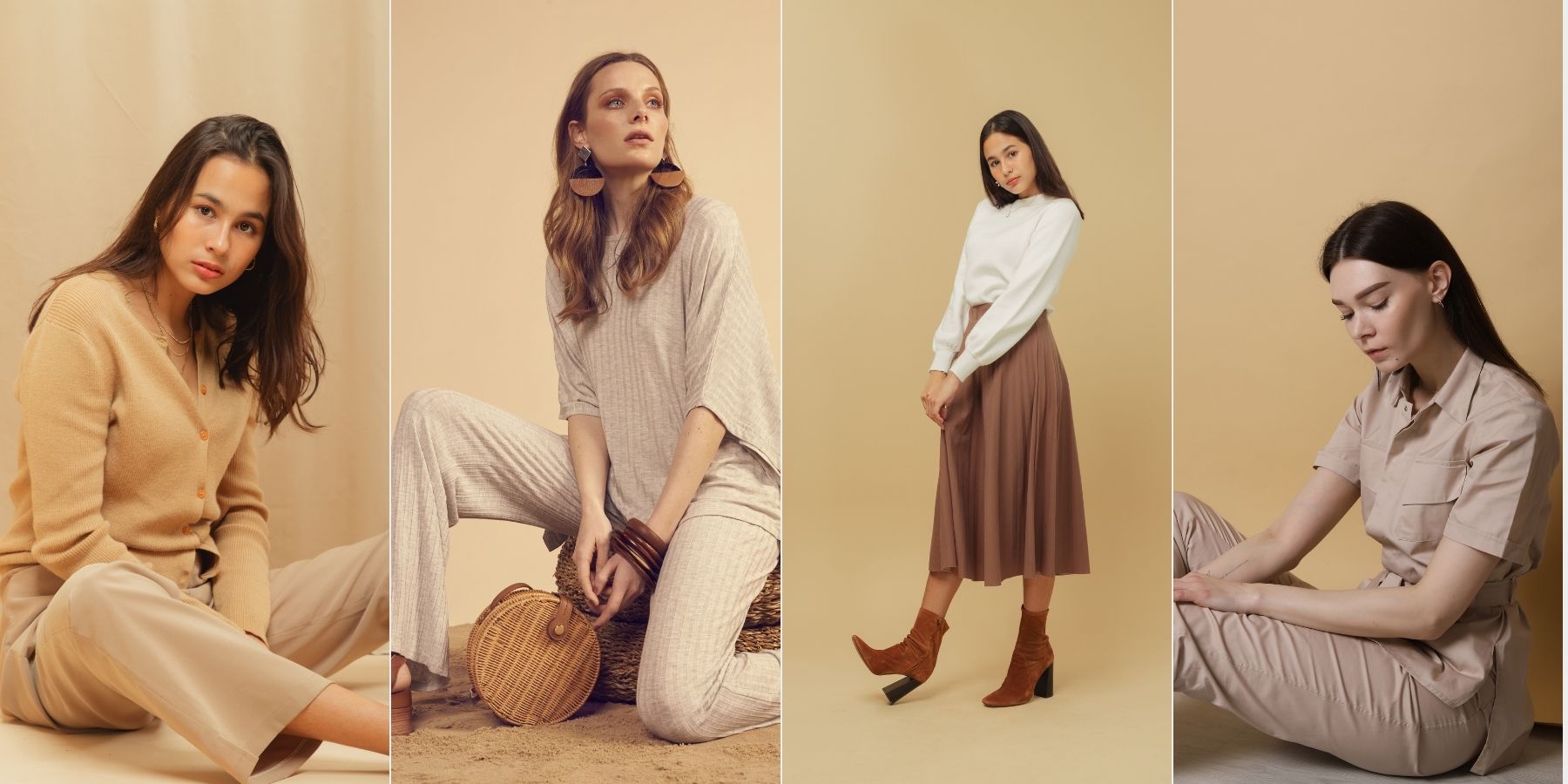What's the Difference Between a Tuxedo vs. Suit?
Tuxedos and suits are two classic and sophisticated attire choices for formal occasions, but they differ in several key aspects that can greatly impact your overall look and the appropriateness for various events. While both outfits exude elegance and style, understanding the distinctions between a tuxedo and a suit is essential for making the right fashion statement. Tuxedos are renowned for their black tie, polished appearance, characterized by satin lapels, satin-covered buttons, and often a bowtie. They are typically reserved for the most formal affairs, such as weddings, galas, and upscale evening events. On the other hand, suits encompass a broader range of options, offering versatility in terms of color, fabric, and style. Suits are suitable for a wide array of occasions, from business meetings to semi-formal gatherings.
What's the Difference Between a Tuxedo vs. Suit?
Satin Accents
Tuxedos elevate their formal elegance with satin accents, featuring satin lapels on the jacket and satin lining along the trouser sides. This satin adds a distinguished gloss that stands out against the jacket's matte finish, radiating a sense of luxury and sophistication. In contrast, suits forgo satin accents, resulting in a more relaxed appearance that allows for a broader range of event suitability.
Belt Loops
Tuxedo pants intentionally exclude belt loops, traditionally intended to be worn with suspenders. This design choice ensures a clean and streamlined appearance around the waist, keeping the focus on the tuxedo's sharp lines. In contrast, suit trousers incorporate belt loops, granting the wearer the option to use a belt for personalized comfort and style. The presence of belt loops in suits aligns with their versatility, accommodating different preferences.
Button Style
Tuxedo jackets feature cloth-covered buttons, often using satin material. These buttons elevate the tuxedo's formality by adding refinement and elegance. The use of satin or similar fabrics creates a cohesive look when paired with the jacket's satin lapels and trouser accents. On the flip side, suits opt for acrylic or non-covered buttons, maintaining a simpler, understated appearance that readily adapts to various settings.
Accessory Flexibility
Tuxedos adhere to a traditional accessory code that includes pleated shirts, black bow ties, and traditional studs and cufflinks. These accessories enhance the formality of the tuxedo ensemble. In contrast, suits offer greater flexibility when it comes to accessories. Wearers have the freedom to choose from various neckwear options, such as regular ties, long ties, vests, and suspenders. This expanded accessory repertoire empowers individuals to personalize their suits to match their unique style preferences and the specific event's tone.
Shoe Style
Tuxedos demand specific shoe styles, usually patent-leather or shiny shoes that match the overall formality of the attire. The glossy finish of patent-leather shoes adds a touch of opulence, harmonizing with the satin elements of the tuxedo. Suits, on the other hand, avoid shoes that appear more luxurious than the material of the pants. This ensures a balanced and cohesive look. Suits offer versatility in footwear selection, allowing wearers to choose leather or suede shoes in a variety of styles and colors, further highlighting their adaptability.
Conclusion
The distinctions between tuxedos and suits extend beyond just the visual aspects of satin accents, belt loops, button styles, accessory flexibility, and shoe choices. These differences reflect the varying levels of formality, allowing individuals to select the most appropriate attire for specific occasions and express their personal style preferences while maintaining a polished and elegant appearance.



Leave a comment
This site is protected by hCaptcha and the hCaptcha Privacy Policy and Terms of Service apply.